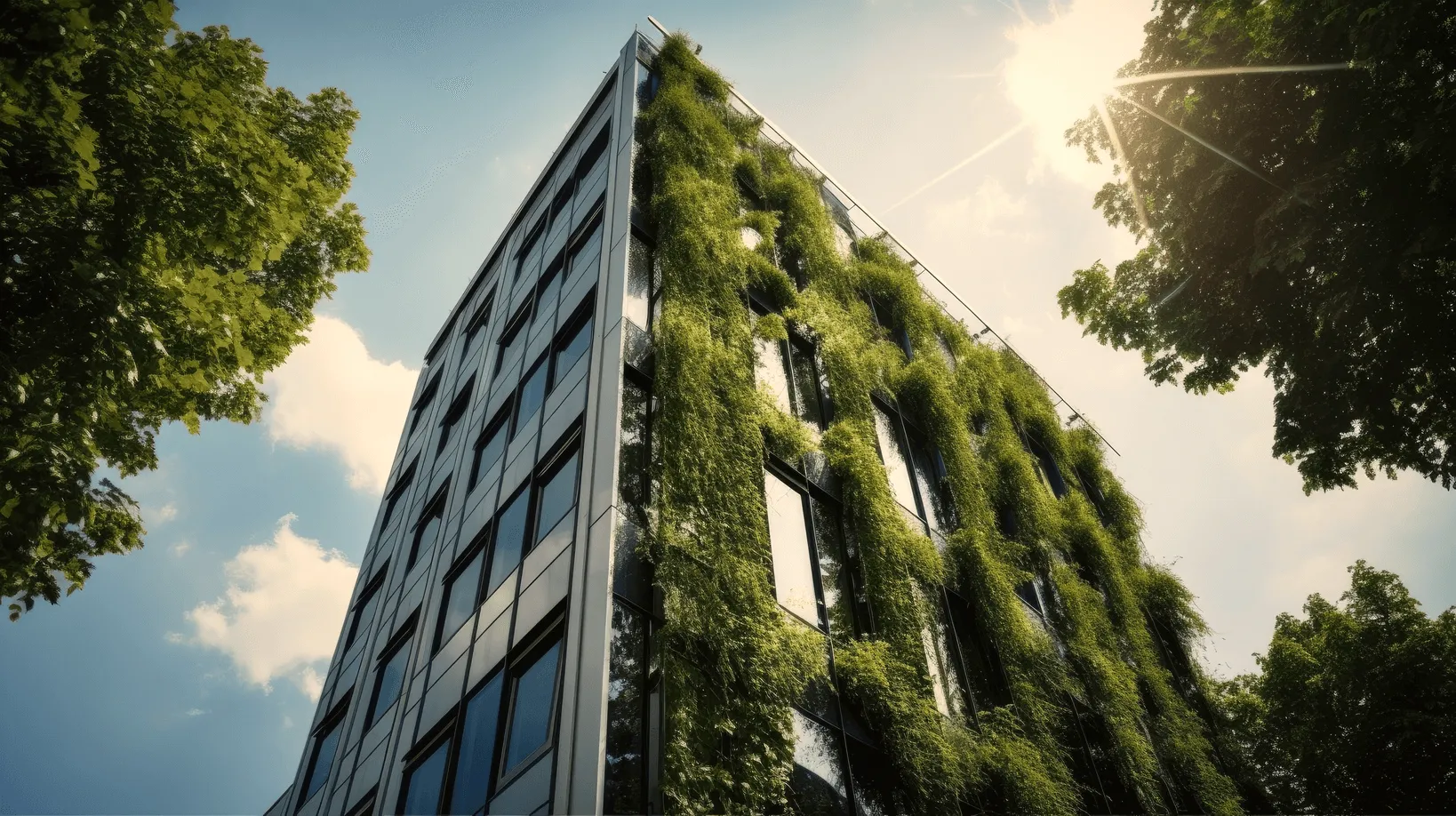
Glossary
aedifion
Embodied Energy
Embodied energy refers to the total energy required for the transport, production, storage, sale, and disposal of a product or building. This energy consumption is not immediately visible and, in the case of buildings, largely depends on the specific components and types of resources used. Embodied energy can have significant environmental impacts, as some materials and raw resources are more energy-intensive to produce or extract. Certain materials rely on limited resources, while others are renewable. When assessing the sustainability of a building, it is crucial to consider embodied energy alongside the operational energy demand, as it often has a more substantial environmental impact than the energy consumed during operation.
In addition to improving energy efficiency in building operations, reducing embodied energy is a key aspect of advancing sustainability in construction. For instance, extending a building's lifecycle can significantly reduce its embodied energy. Predictive maintenance is one of many strategies to mitigate the effects of embodied energy by ensuring longer, more efficient use of materials and systems.
Success Stories
Buildings Simply Made Better
Get in Touch With US!
In a one-on-one meeting, we will clarify your specific requirements and demonstrate how our AI-based cloud solutions and service packages can benefit you.








